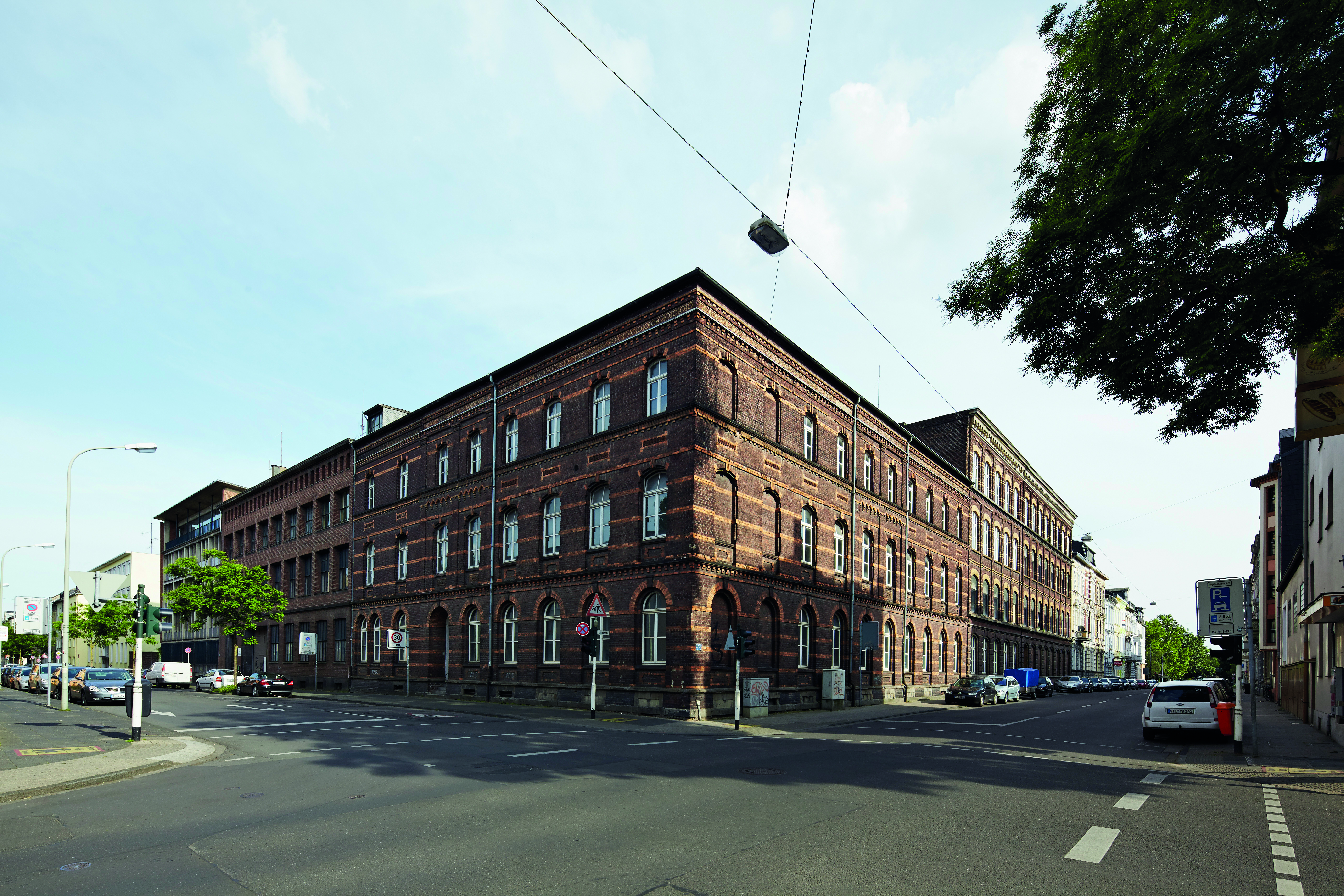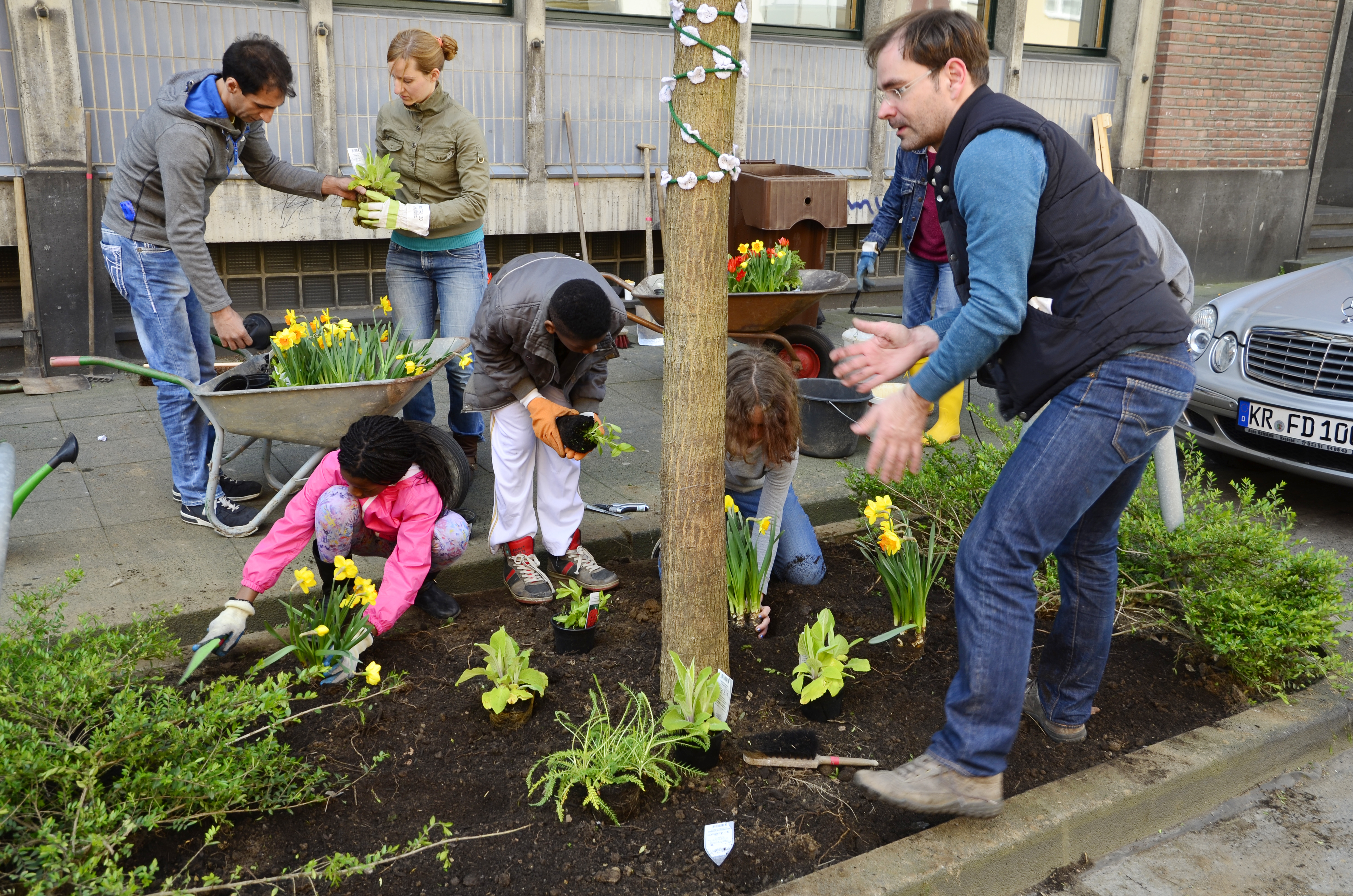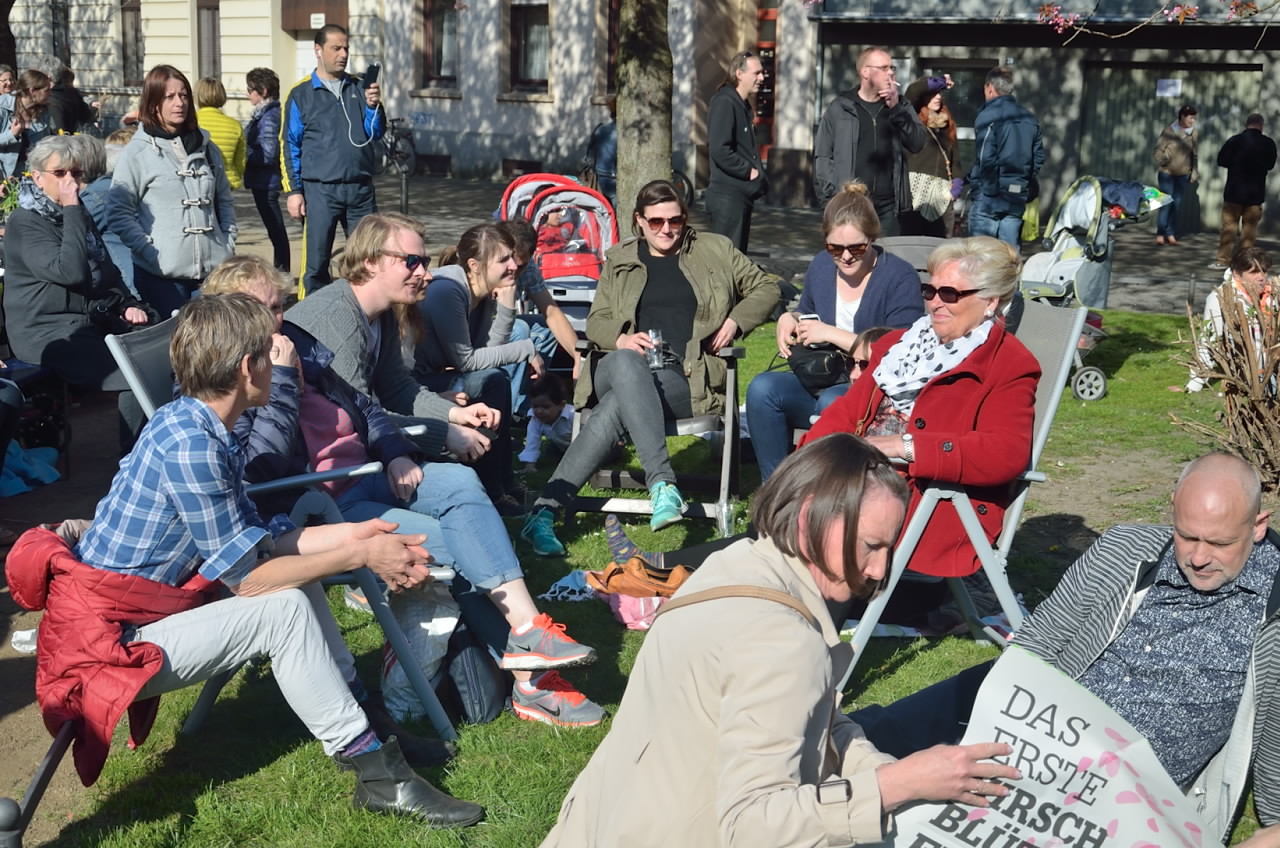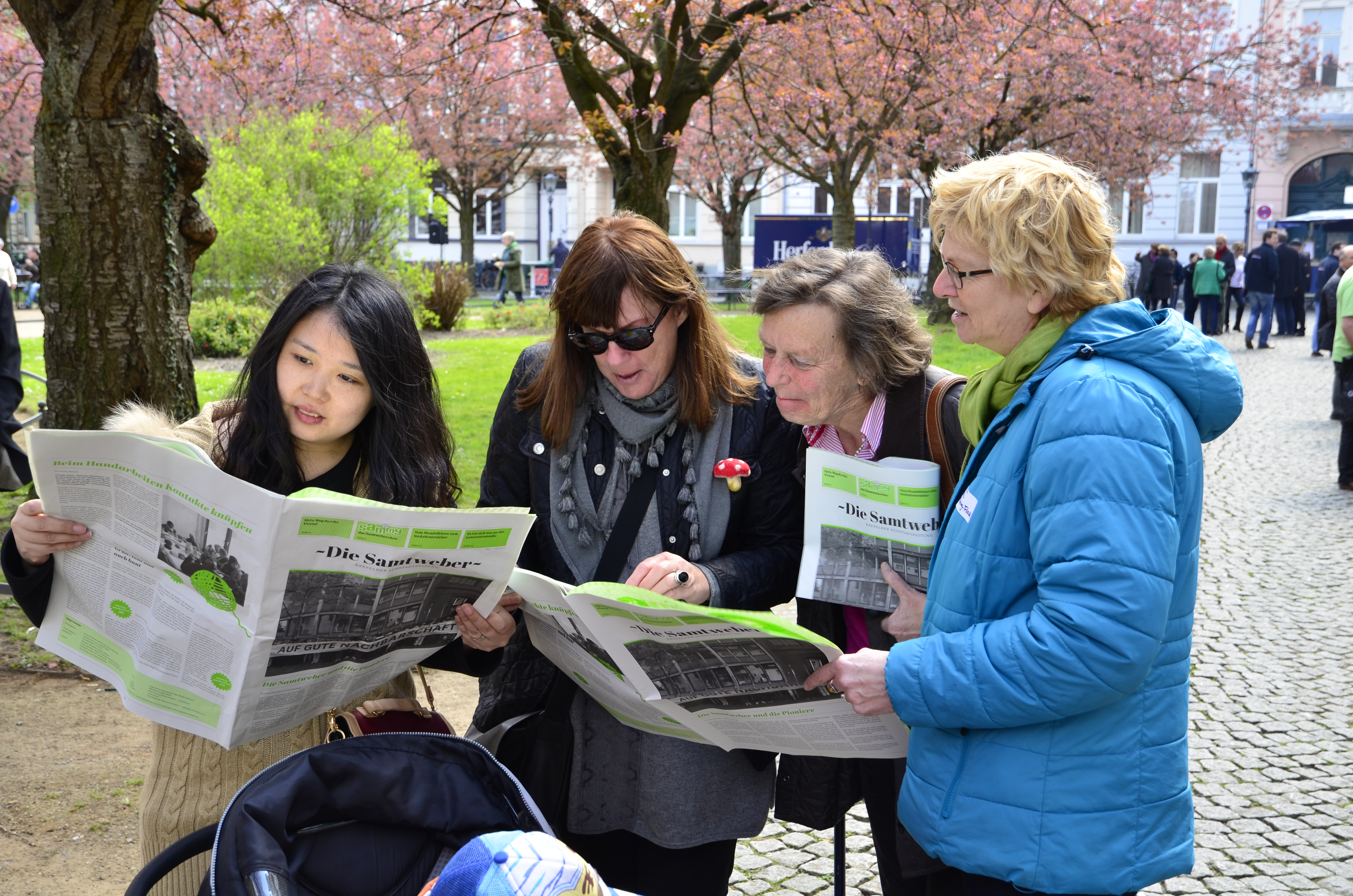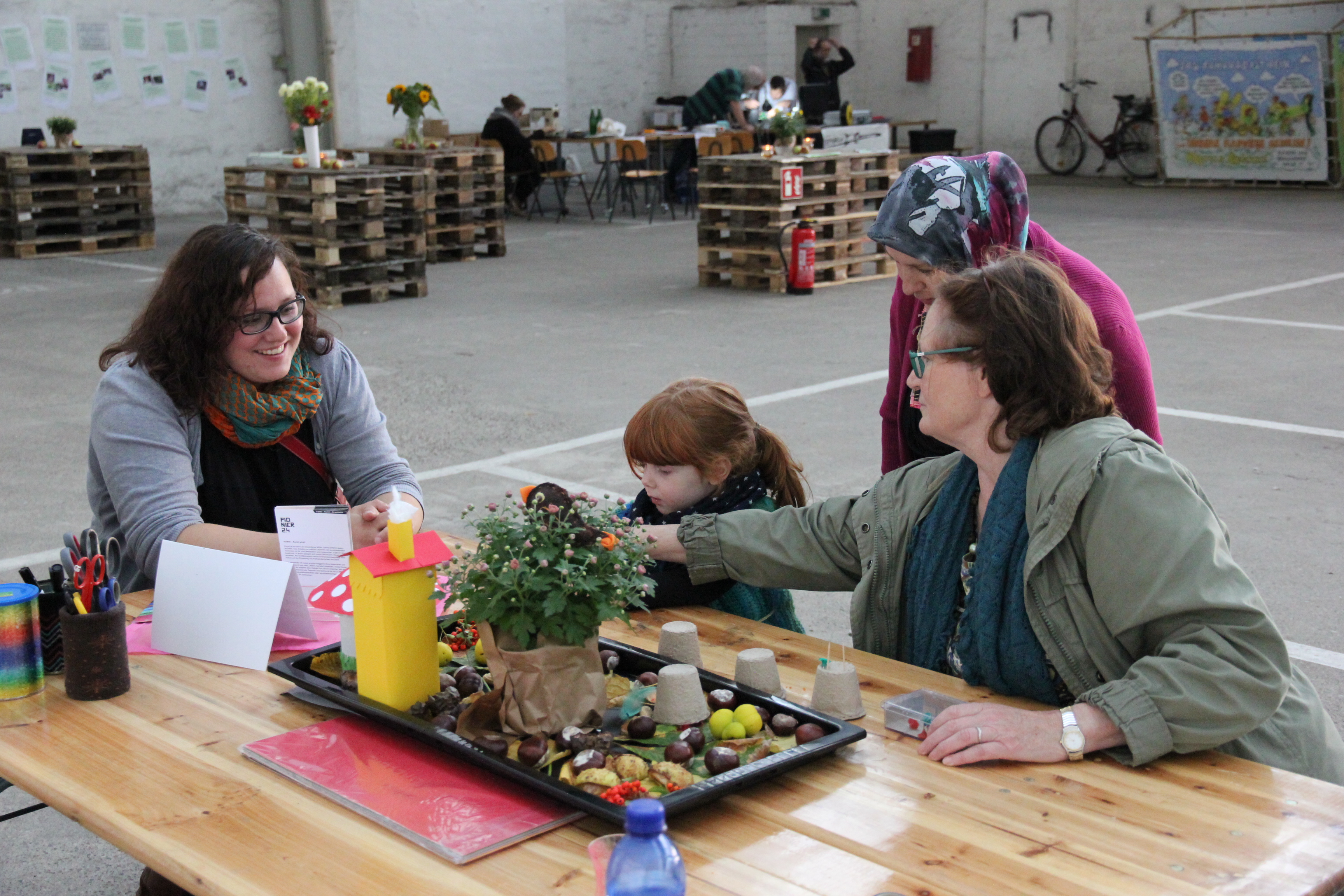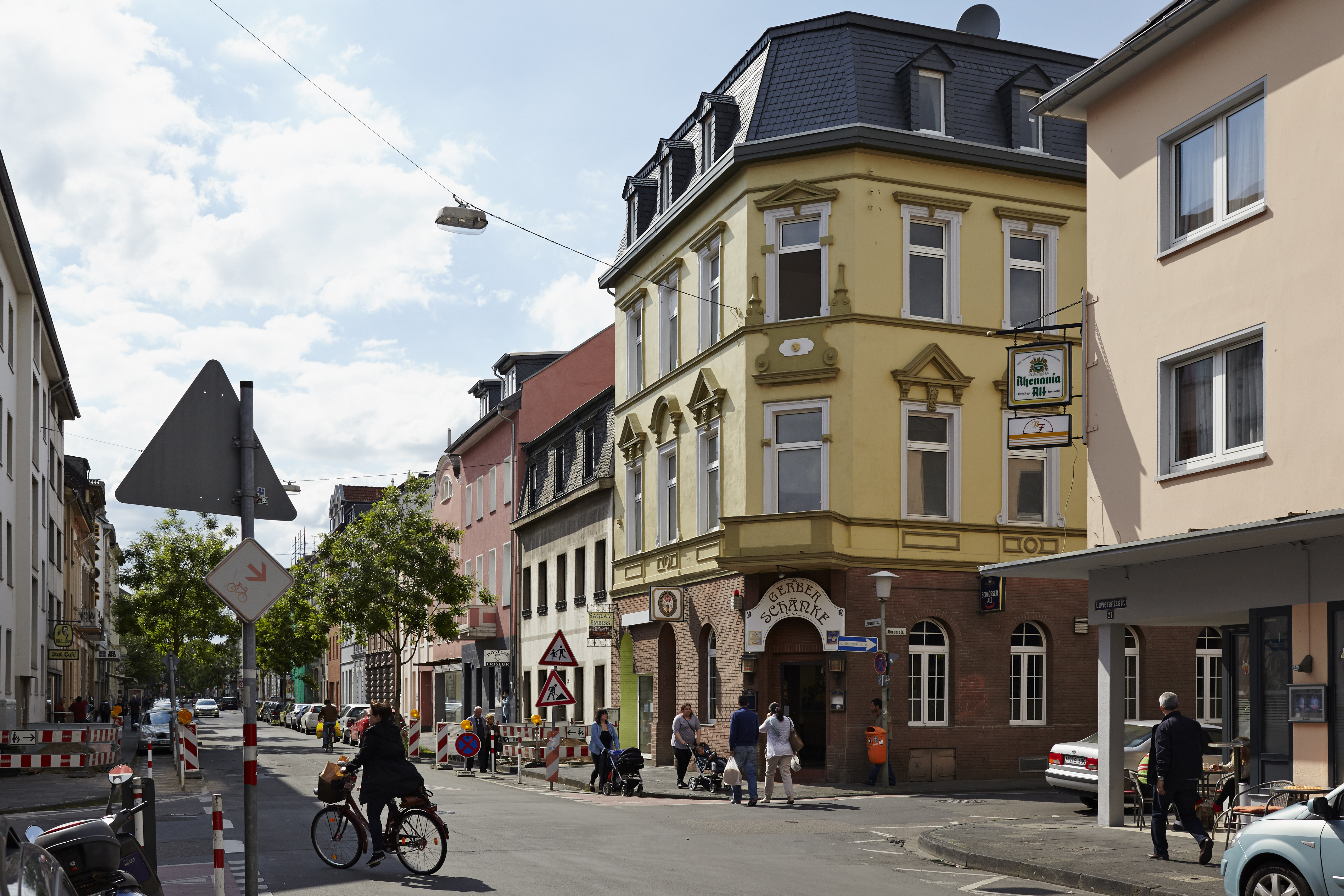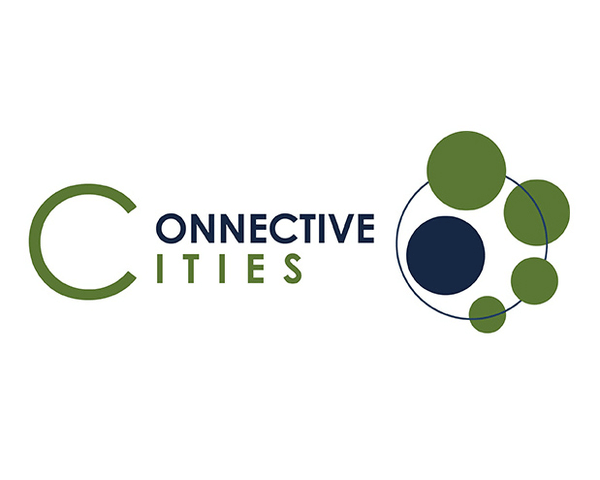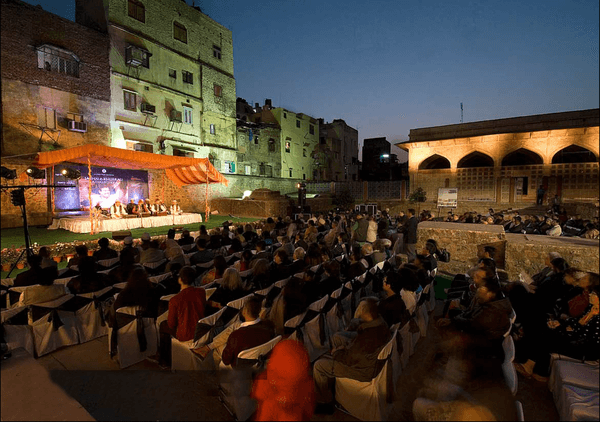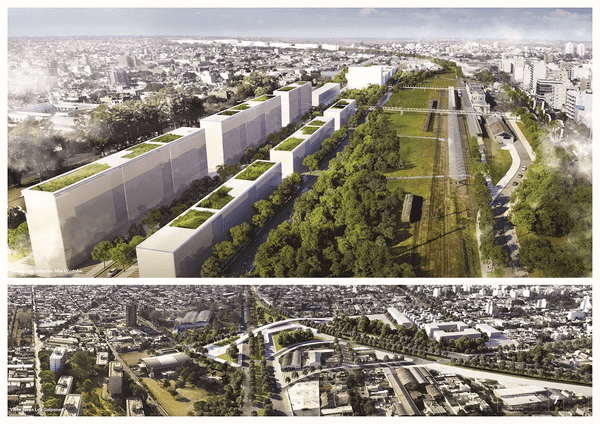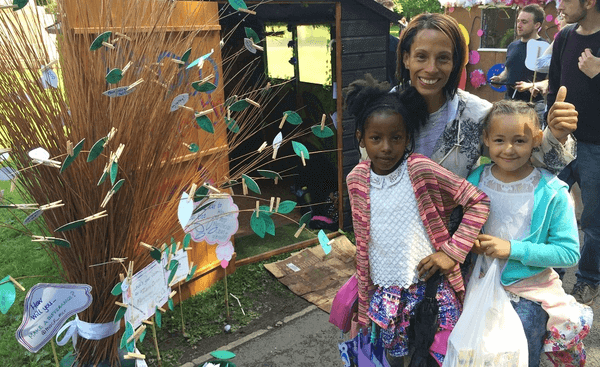City
Krefeld
Main actors
City Government, NGO / Philanthropy, Community / Citizen Group
Project area
Neighborhood or district
Duration
Ongoing since 2013
Through its pilot project Nachbarschaft Samtweberei (“Velvet weavers’ neighbourhood”) in the German city of Krefeld, the Montag Foundation for Urban Spaces is demonstrating how cooperation with the local authority can make socially sound urban development work.
The project aims to revitalise the velvet weavers’ neighbourhood, which until now has been socially and economically deprived. It also plans to make the neighbourhood (once again) an attractive urban environment for people from different cultural and social backgrounds to live and work in. And it intends to make the neighbourhood socially sound.
The municipality of Krefeld is firmly involved in all processes. Among other things, it will perform measures to care for and maintain public spaces and revitalise the neighbouring district. It will also support the project when the latter applies for funding. There is also a steering committee that supports the entire project. It comprises representatives of the local authority, the foundation and the project company.
Originally published by the International Community of Practice for Sustainable Urban Development CONNECTIVE CITIES: https://www.connective-cities.net/en/good-practice-details/gutepraktik/neighbourhood-development-based-on-equal-opportunities-in-krefeld-1/
On Map
The Map will be displayed after accepting cookie policy
